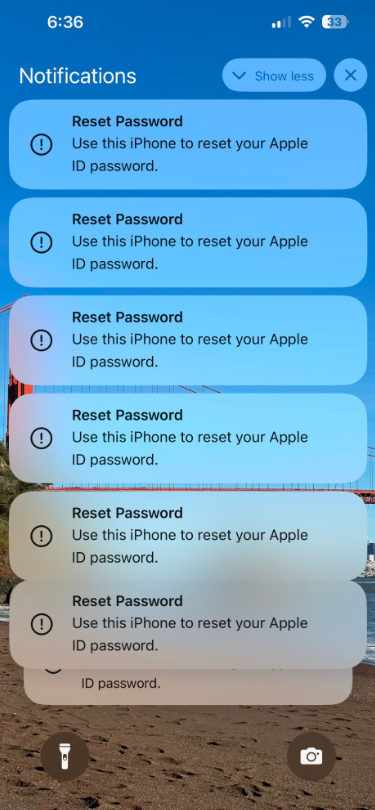Why Your Wi-Fi Router Doubles as an Apple AirTag

Credit to Author: BrianKrebs| Date: Tue, 21 May 2024 16:21:20 +0000
Apple and the satellite-based broadband service Starlink each recently took steps to address new research into the potential security and privacy implications of how their services geo-locate devices. Researchers from the University of Maryland say they relied on publicly available data from Apple to track the location of billions of devices globally — including non-Apple devices like Starlink systems — and found they could use this data to monitor the destruction of Gaza, as well as the movements and in many cases identities of Russian and Ukrainian troops.
Read more

